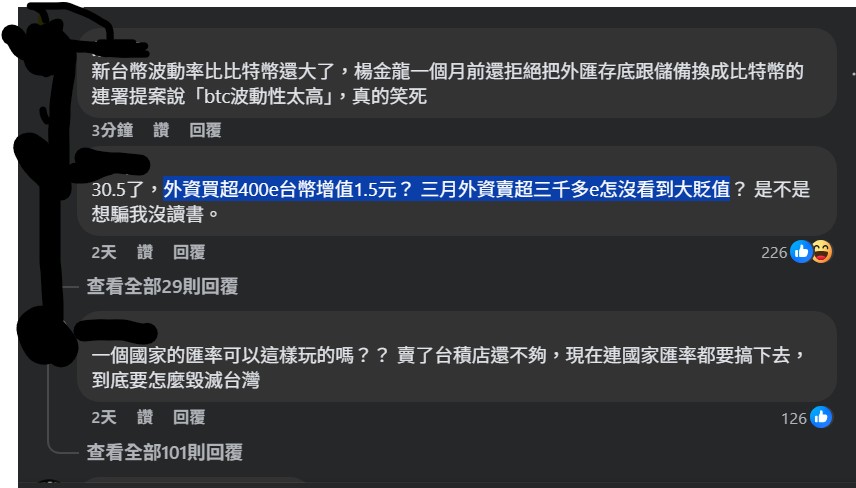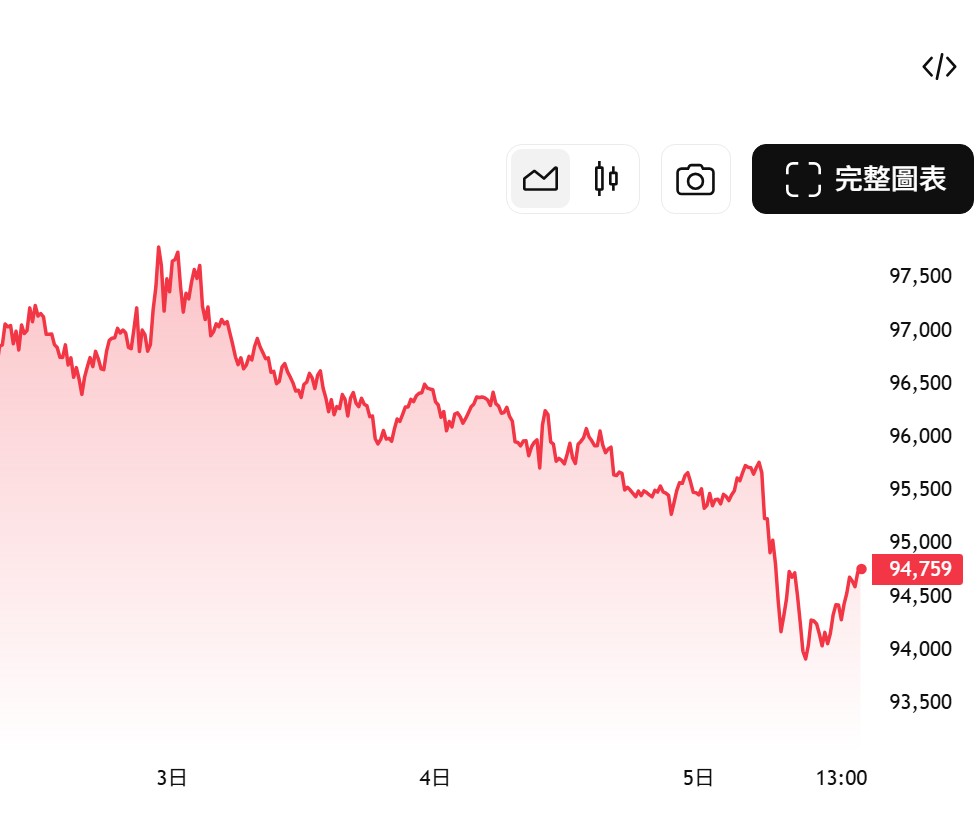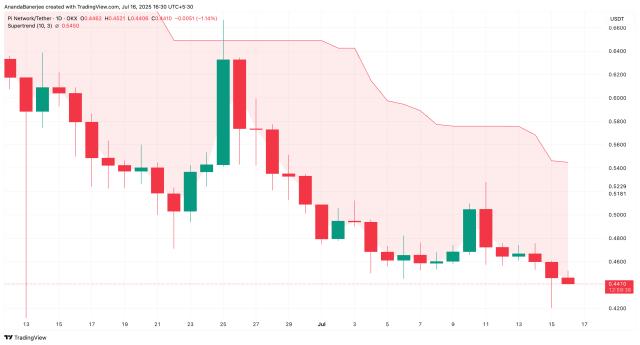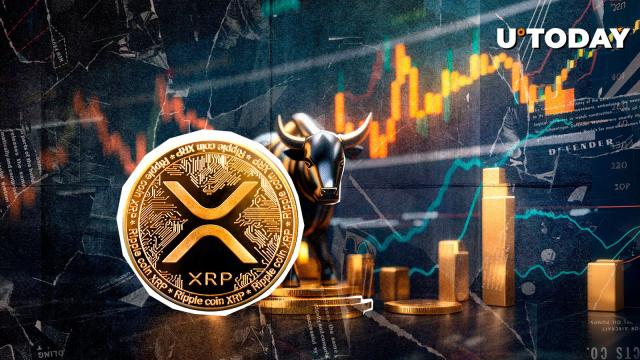The New Taiwan Dollar fell below 29 against the US dollar today, causing public outcry, with people flooding the central bank's Facebook page to criticize Governor Yang Jin-long. Some pointed out that a month ago, the central bank rejected Bitcoin reserves due to "high volatility," but the recent New Taiwan Dollar volatility is nearly three times that of Bitcoin, effectively contradicting their own argument.
Trump's Tariff War Doesn't Affect Taiwan? The central bank's recent post angered many citizens. As the New Taiwan Dollar fell below 29 against the US dollar, Facebook was filled with posts expressing distrust in Central Bank Governor Yang Jin-long. Although the central bank issued a press release on 5/2 explaining "no intervention, just market dynamics," it still sparked significant criticism, with netizens revisiting past statements and mockingly calling them fabrications, even bringing up previous posts criticizing Bitcoin and claiming that the Taiwan Dollar's volatility is now higher than Bitcoin's.
Central Bank Explains Market Expectations of Taiwan Dollar Appreciation
The Taiwan Central Bank posted last Friday (2nd) in an attempt to calm tensions and clarify misunderstandings about exchange rate fluctuations. They reiterated that the US Treasury has not instructed the Taiwan Central Bank on exchange rates and emphasized that the international market has "psychological expectations" of New Taiwan Dollar appreciation, but still faced massive criticism in the comments.
Many citizens mentioned the 8% appreciation of the New Taiwan Dollar within two days, with tariffs exceeding 10%, causing significant impact on exports, asking "How do I report a 29.9 tariff?". Others questioned currency manipulation, asking "Foreign investors buy 40 billion and raise 1.5 dollars, but when they sold 3000+ billion in March, why didn't it significantly depreciate?" Some jokingly referred to the central bank as a subsidiary of the US, and the central bank has not issued a new press release in response to public anger.

Self-Contradicting 'Bitcoin Volatility' Argument
Ironically, the central bank had just published an analysis in late March about "Bitcoin as a Central Bank Reserve Asset or National Strategic Reserve," responding to opinions from Taiwanese legislators and the public. In the document, they argued that Bitcoin lacks asset safety and liquidity, and claimed its volatility makes it unsuitable for long-term stable investment.
However, the recent New Taiwan Dollar appreciation has caused significant public distress. During the 5/2-5/5 period, Bitcoin's price fluctuated between $97,749 and $93,913, with a volatility of only 4.08% based on current prices. This seemingly proves that in politically turbulent environments, Bitcoin might serve some hedging functions.
Insufficient safety and liquidity, coupled with the lack of regulation in many virtual asset activities, make it inappropriate to include in reserve assets. Even if virtual assets have potential for high returns, their price volatility makes them unsuitable for stable central bank investments.

US Dollar Foreign Exchange Reserves Becoming Disadvantageous?
Historically, the Taiwan Central Bank managed substantial US dollar export reserves, investing in US Treasury bonds and regularly intervening in foreign exchange markets to maintain export advantages. However, during the Trump era, these massive US dollar reserves might have become "insignificant". First, in the Mar-a-Lago agreement, Trump believed a devalued dollar could save US trade, and Taiwan's past export strategy of manipulating exchange rates was described by Trump as "garbage behavior", leading TSMC to prioritize negotiations with the White House to secure survival space under tariffs.
After the US Bitcoin ETF passed, there have been frequent suggestions for the central bank to diversify assets into other currencies, especially considering Bitcoin as a way to avoid political interference. After Trump's election, the central bank first responded to Bitcoin research, and from their past views on virtual assets, it's clear they still consider Bitcoin and similar assets as having "no intrinsic value", reflecting traditional financial professionals' disdain for cryptocurrencies. They had previously mocked El Salvador's Bitcoin legal tender as disastrous.
Now, facing the catastrophic depreciation of the New Taiwan Dollar against the US dollar, the central bank chooses to be evasive. In the Trump era, the question remains whether the Taiwan Central Bank needs more flexible currency, national reserves, and trade policies, as the tide of times tests their adaptability.






